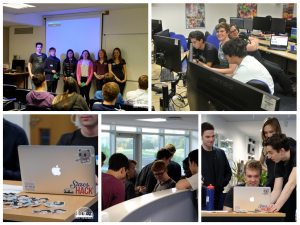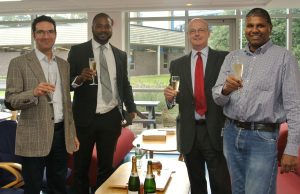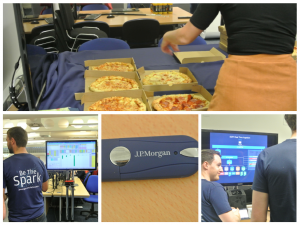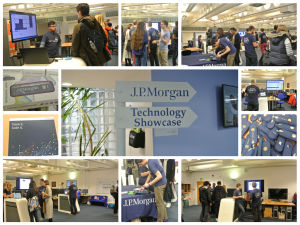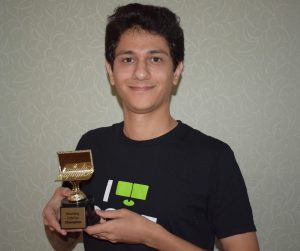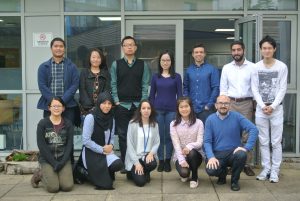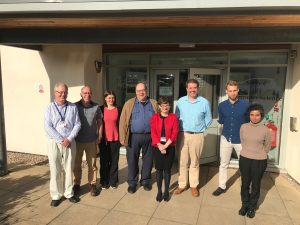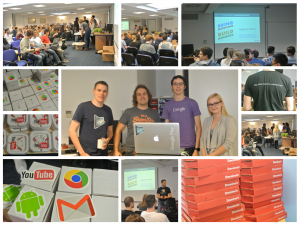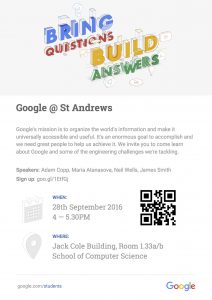
Title: Data and Dasein – A Phenomenology of Human-Data
Relations.
Abstract: In contemporary society, data representation
is an important and essential part of many aspects of our daily lives.
In this talk Trevor will present how his doctoral research has
contributed to our understanding on how people experience data and what
role representational modality plays in the process of perception and
interpretation. This research is grounded in phenomenology – he aligns
his theoretical exploration to ideas and concepts from philosophical
phenomenology, while also respecting the essence of a phenomenological
approach in his choice and application of methods. Alongside offering a
rich description of people’s experience of data representation, the key
contributions of his research transcend four areas: theory, methods,
design, and empirical findings. From a theoretical perspective, besides
describing a phenomenology of human-data relations, he has defined, for
the first time, multisensory data representation and established a
design space for the study of this class of representation. In relation
to methodologies, he will describe how he deployed two elicitation
methods to investigate different aspects of data experience. He blends
the Repertory Grid technique with a focus group session and shows how
this adaption can be used to elicit rich design relevant insight. He
will also introduce the Elicitation Interview technique as a method for
gathering detailed and precise accounts of human experience.
Furthermore, he will describe how this technique can be used to elicit
accounts of experience with data. In his talk Trevor will present the
findings of a series of empirical studies, these show, for instance, how
certain representational modalities cause us to have heightened
awareness of our body, some are more difficult to interpret than others,
some rely heavily on instinct and each of them solicit us to reference
external events during the process of Interpretation.
Biography: Trevor Hogan is a Lecturer of Interaction
Design at the Cork Institute of Technology, Ireland. The aim of his
research is to describe and better understand how embodiment influences
and augments people’s experience of data representations. His work is
strongly interdisciplinary and may be situated in the field of
interactive design, but at the intersection of tangible computing,
human-computer interaction, information visualization and psychology. At
CIT Trevor leads the Human-Data Interaction Group, a multidisciplinary
research team, whose aim is explore novel ways of representing data –
through and beyond the visual modality. This group is also focused on
exploring methods and approaches that broaden the evaluation criteria of
data representation – beyond traditional measurements, such as
efficiency and effectiveness, towards novel aspects such as experience,
use qualities, hedonics, affect, empathy, and enchantment.
Event details
- When: 14th October 2016 13:00 - 14:00
- Where: Cole 1.33b
- Format: Seminar


